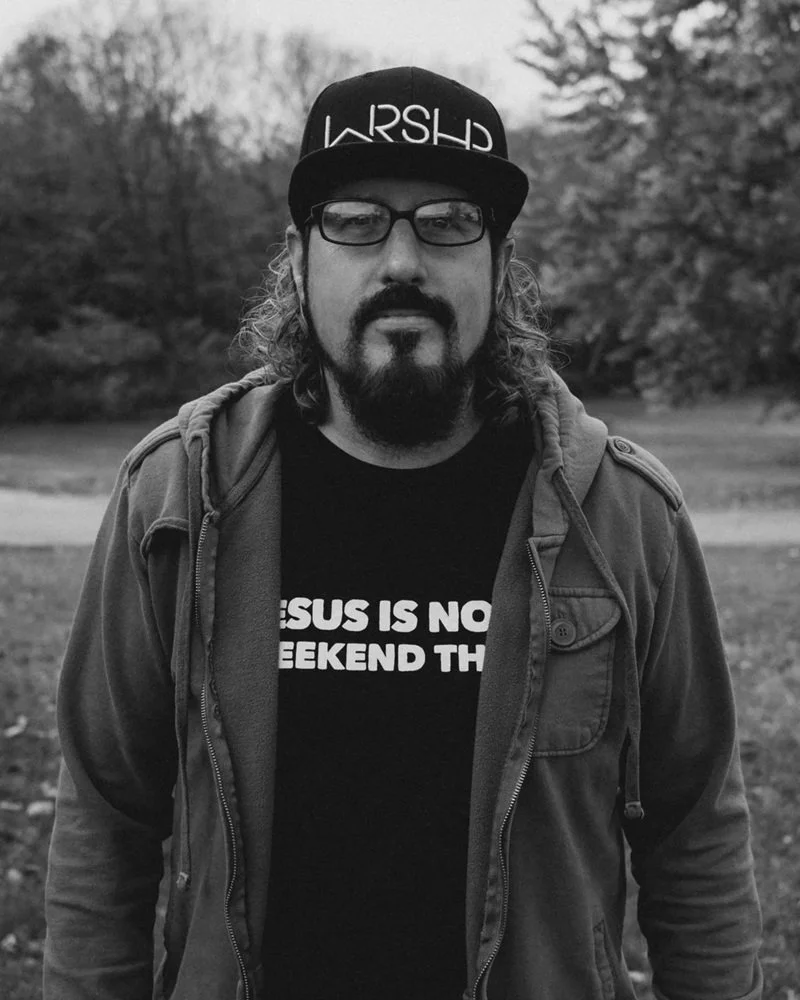Why Genesis Still Matters
By Chuck E. Tate
When some people hear Genesis, they think “ancient story” or “mythology.”
But Genesis wasn’t just an old narrative floating through history—it was Scripture, written by Moses under God’s direction.
And here’s something we can’t miss: Jesus Himself quoted Genesis as history and treated it as God’s Word.
In Matthew 19:4–5 (NLT), Jesus said:
“Haven’t you read the Scriptures? They record that from the beginning ‘God made them male and female.’
And he said, ‘This explains why a man leaves his father and mother and is joined to his wife, and the two are united into one.’”
Here, Jesus is directly referencing:
Genesis 1:27 and 5:2 (“male and female”)
Genesis 2:24 (“a man leaves his father and mother…”)
For Jesus, Genesis wasn’t optional. It was authoritative.
In John 5:46–47 (NLT), He doubled down:
“If you really believed Moses, you would believe me, because he wrote about me. But since you don’t believe what he wrote, how will you believe what I say?”
This is huge. Jesus connected believing Him with believing what Moses wrote—which includes Genesis.
To trust Genesis is to trust Jesus’ view of Scripture. And if we claim to follow Him, we can’t shrug off His endorsement.
The Genesis–John Connection
John 1:1–18 pulls the curtain back even further. It shows us that the story of Genesis is actually the story of Jesus from the very beginning.
John 1 opens with these words:
“In the beginning the Word already existed. The Word was with God, and the Word was God. He existed in the beginning with God. God created everything through him, and nothing was created except through him.” (John 1:1–3, NLT)
Sound familiar? Those first three words—“In the beginning”—deliberately echo Genesis 1:1. John wants us to understand: The same God who spoke the universe into being is the same Jesus who walked among us.
And John 1:14 takes it even further:
“So the Word became human and made his home among us.
He was full of unfailing love and faithfulness.
And we have seen his glory, the glory of the Father’s one and only Son.”
This means:
The Creator in Genesis is the Christ of the Gospels.
The voice that said “Let there be light” is the same voice that said “Come, follow me.”
When Jesus affirms Genesis, He’s not quoting someone else’s work—He’s pointing us back to His own work.
When we open Genesis today, we’re not just reading an old book. We’re stepping into the opening chapter of the same story John reveals—a story that runs straight to the manger in Bethlehem, the cross at Calvary, and the empty tomb.
Genesis is the first act of the divine drama in which Jesus is both Author and Main Character.
He didn’t just quote it—He wrote it. The voice that said “Let there be light” is the same voice that says, “Come, follow me.”
Chuck Tate is a pastor, award-winning author (41 Will Come), and cohost of Revival Town Podcast.
His new book, Nine Words From Jesus—A Manifesto of Hope to Thrive in the Present and Prevail in the Future is available wherever books are sold.


